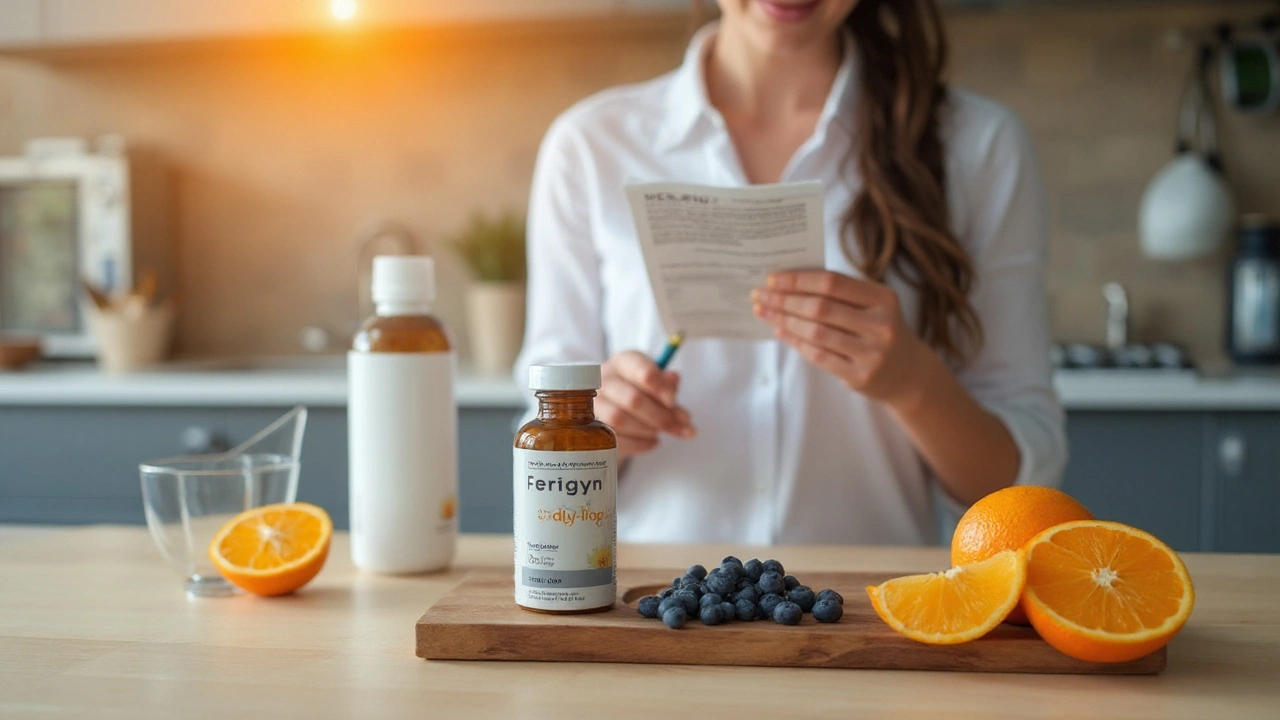Health Supplement Guide – Benefits, Risks and How to Choose
Ever wonder why some people rave about a daily pill while you stick to food alone? Supplements are everywhere – from a bottle of vitamin D on your nightstand to exotic herbs like catuaba on a health blog. They can fill gaps, boost energy, or just feel like a safety net when life gets busy. The trick is knowing what works, what doesn’t, and how to pick a product that won’t hurt you.
What Health Supplements Actually Do
At their core, supplements are concentrated sources of nutrients, herbs, or other bioactive compounds. A vitamin C tablet gives you the same antioxidant boost as an orange, but in a measured dose. Herbal extracts – think ginseng, turmeric, or catuaba – deliver plant compounds that might support mood, stamina, or hormonal balance. Some people use protein powders to meet fitness goals, while others turn to omega‑3 fish oil for heart health. The key is that a supplement should complement, not replace, a balanced diet.
Picking Safe and Effective Supplements
Start with a clear reason. Want to fix a vitamin D deficiency? Get a blood test, then choose a product that lists the exact IU amount on the label. Look for third‑party testing codes like USP, NSF, or ConsumerLab – they show the factory checked for purity and potency. Avoid “proprietary blends” that hide exact ingredient amounts; you deserve to know what you’re taking. Check for common red flags: unusually low prices, no ingredient list, or claims that sound too good to be true.
Read the fine print about interactions. Many herbs can affect prescription meds – catuaba, for example, may boost the effect of blood‑pressure meds. If you’re on medication, have a quick chat with your doctor or pharmacist before adding a new supplement. Side effects are real: high‑dose vitamin A can be toxic, and too much iron harms the liver. Start with the lowest effective dose and watch how your body reacts.
Quality matters more than brand hype. A well‑known brand might still have batch‑to‑batch variability, while a small, reputable company could beat them on consistency. Look for products made in facilities that follow Good Manufacturing Practices (GMP). If a supplement is sold as “organic” or “non‑GMO,” those labels are only useful if the company actually verifies them.
Finally, keep expectations realistic. Supplements can support health, but they won’t cure chronic disease on their own. Pair them with a balanced diet, regular movement, sleep, and stress management for the best results. Track what you take, note any changes, and adjust as needed. By staying informed and cautious, you can make supplements a helpful part of your daily routine without unnecessary risk.
What is Fertigyn HP? Benefits, Usage, and Safety Guide
Discover what Fertigyn HP is, its main benefits, how to take it safely, possible side effects, and how it stacks up against similar products.
Read more